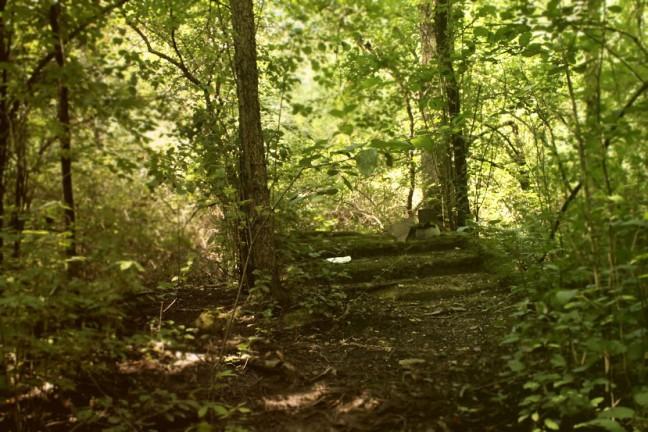The fourth gray wolf hunting and trapping season in Wisconsin’s history began Monday and closed Wednesday this week, coming shortly after wolves’ controversial delisting from the Endangered Species Act.
University of Wisconsin Professor of Environmental Studies Adrian Treves said the short time period between the delisting and the hunt was unethical.
“As a public policy matter, it was not a fair and democratic or legitimate process because the wolf hunt was rammed through in record speed without due process and without tribal consultation,” Treves said. “This hasty hunt plays into the hands of litigating groups that want to reverse the federal delisting.”
The hunt was originally scheduled to run until Sunday, but the harvest quota was met early.
According to the Wisconsin Department of Natural Resources, the total harvest quota for the February 2021 season was set at 200 wolves but the Ojibwe bands reserved fifty percent of the harvest quota, due to a treaty with the state of Wisconsin. The resulting quota for state hunters and trappers is 119 wolves, and a total of 215 wolves were harvested.
Inclusion of anti-trans group in UW employment fair sparks controversy
The quota factored in 2020 wolf population data, the population’s response to previous harvest seasons, scientific literature and population model projections to allow for a sustainable harvest neither increasing nor decreasing the state’s wolf population, according to the DNR’s website.
But many environmental advocacy groups and the Great Lakes Indian Fish and Wildlife Commission opposed the hunt on several grounds, including wolves’ deep ecological importance — as top predators, wolves control populations of white-tailed deer which can cause significant damage when unchecked — and the cultural importance wolves have to Ojibwe people.
Treves said the hunt occurred during the mating and pregnancy season of wolves, which will be detrimental to wolf populations.
“We are fumbling in the dark for an understanding of how this affects population viability and the likely total mortality it will cause,” Treves said. “In addition to the quota, we should ask how many litters might be aborted or die orphaned because alpha males or females were harmed.”
UW partners with biotech company to develop COVID-19 vaccine
According to the Milwaukee Journal Sentinel, the DNR had planned to hold the next wolf hunt in November, but a hunting advocacy group forced the agency to hold one this month because a Wisconsin state statute requires the DNR to hold a season starting in early Nov. and run to the end of Feb. whenever the wolf is not on an endangered or threatened species list.
Treves said he is appalled by the justification of the hunt.
“Anyone who has ever called for science-based policy or even just decision-making based on some facts should oppose this hunt,” Treves said. “The lack of science and the unjust process may jeopardize the November 2021 hunt for the majority of law-abiding ethical hunters.”














